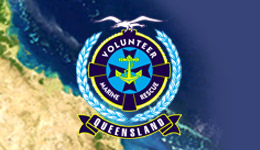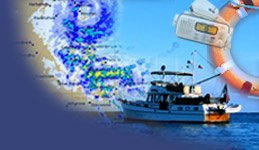Access and Interpret Relevant Legislation and Codes | International Standards |
 |
International Marine Organisation (IMO)
The International Marine Organisation is the body responsible for developing and monitoring seafaring legislation on an international level. It is responsible for nearly 50 international conventions and agreements and has adopted numerous protocols and amendments.
The IMO website can be accessed by going to: http://www.imo.org/
IMO Conventions
The majority of conventions adopted under the auspices of IMO or for which the Organisation is otherwise responsible, fall into three main categories.
The first group is concerned with maritime safety; the second with the prevention of marine pollution; and the third with liability and compensation, especially in relation to damage caused by pollution. Outside these major groupings are a number of other conventions dealing with facilitation, tonnage measurement, unlawful acts against shipping and salvage, etc.
Conventions and International Codes
The books below are just some of the Conventions and International Codes that have direct impact on seafaring operations in Australia.
Safety of Life at Sea (SOLAS)The SOLAS Convention in its successive forms is generally regarded as the most important of all international treaties concerning the safety of merchant ships. The first version was adopted in 1914, in response to the Titanic disaster and subsequent amendments have been made since. |
International Air and Maritime Search and Rescue (IAMSAR)Jointly published by IMO and the International Civil Aviation Organization (ICAO), IAMSAR provides guidelines for a common aviation and maritime approach to organising and providing search and rescue services. |
|||
 |
Standards of Training, Certification and Watchkeeping (STCW)Sets qualification standards for masters, officers and watch personnel on seagoing merchant ships. |
International Maritime Dangerous Goods (IMDG) CodeThe International Maritime Dangerous Goods (IMDG) Code was developed as a uniform international code for the transport of dangerous goods by sea covering such matters as packing, container traffic and stowage, with particular reference to the segregation of incompatible substances. |
 |
|
 |
International Regulations for Preventing Collisions at Sea (COLREGS)Set out the “rules of conduct” to be followed by ships and other vessels at sea. |
Global Maritime Distress Safety System (GMDSS)GMDSS is an internationally agreed-upon set of safety procedures, types of equipment, and communication protocols used to increase safety and make it easier to rescue distressed ships, boats and aircraft. |
 |
|
 |
Load lines (LL)The Load Lines Convention contains detailed regulations on the assignment of the freeboard (the vertical distance between the top of the hull and the waterline) and the specific limitations to which different types of ships may be loaded. |
International Ship and Port Facility Security Code (ISPS Code)The Code aims to establish an international framework for co-operation between Contracting Governments, Government agencies, local administrations and the shipping and port industries to detect security threats and take preventive measures against security incidents affecting ships or port facilities used in international trade and to establish relevant roles and responsibilities at the national and international level. |
 |
|
 |
Prevention of Pollution from Ships (MARPOL)The MARPOL Convention is the main international convention covering prevention of pollution of the marine environment by ships from operational or accidental causes. |
|||
Enforcement
The Organisation (IMO) itself has no powers to enforce conventions. The enforcement of IMO conventions depends upon the Governments of Member Parties. Contracting Governments enforce the provisions of IMO conventions as far as their own ships are concerned and also set the penalties for infringements, where these are applicable. They may also have certain limited powers in respect of the ships of other Governments.
| back to top |


